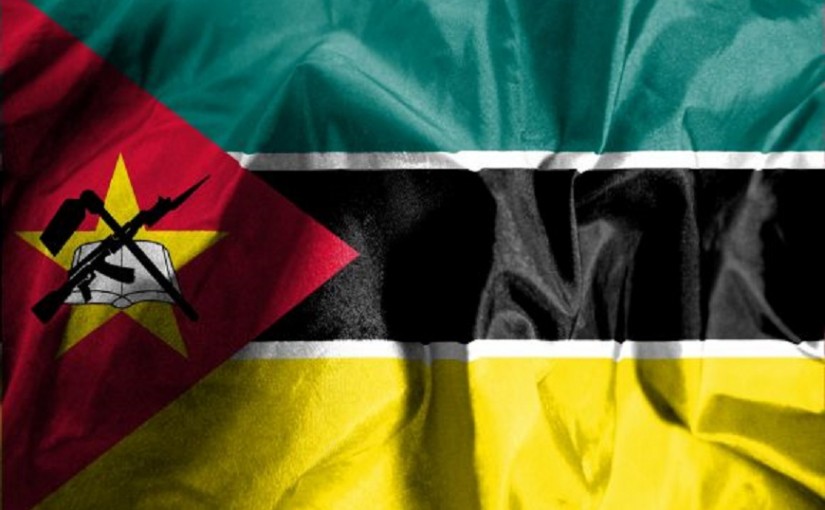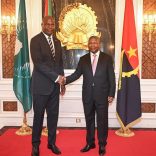Mozambique: More than €134 million from the World Bank for this year's State Budget
Cuts in donor and IMF support “seriously hurt” Mozambique’s finances

The Mozambican government says that cessation of IMF and international partners’ support has “seriously hurt” finances, and has announced a further downward revision of economic growth and a decline in reserves in 2017.
“The freeze of IMF/donor budget support following the misreporting to the IMF of MAM and ProIndicus loans in early 2016, with no clear timeline for reinstatement, has seriously hurt the government accounts,” says a Ministry of Economy and Finance presentation to investors that Lusa has access to.
In addition to the suspension of IMF support due to the so-called hidden debts totalling more than two billion US dollars (EUR1.8 billion) incurred between 2013 and 2014, Mozambique’s macroeconomic framework has been affected by the withdrawal, for the same reason, of state budget support from other countries and institutions, the document says.
The suspension of these grants, totalling 10 percent of state revenue, joins a “significant increase” in public debt, which is “not sustainable” and will exceed 130 percent of GDP this year, against 42 percent in 2012.
While advocating the resumption of aid from the IMF and international partners and the restructuring of debt that it is unable to pay, the government expects an economic growth in 2016 of 3.7 percent, below the 4.5 percent estimated in the Amending State Budget and above the 3.5 percent calculated by the Bank of Mozambique.
The Ministry of Economy and Finance attributes the strong economic downturn in a country accustomed to annual growth of more than 7 percent to the drop in prices of raw materials, especially coal and aluminum, reduced foreign investment, escalation of political tension and a decline in agricultural output due to the “El Nino” climatic phenomenon, which has also led to an increase in inflation.
The cutting of foreign aid “added pressure to an already very limited fiscal space and forced the government to make substantial cuts in spending,” the document says.
The text also foresees a decline in international reserves to 1.3 months of imports in 2017, 2.5 months if mega-projects are excluded.
However, the Mozambican government expects “significant revenue” from 2020 on, driven by “royalties and taxes paid by the energy sector, particularly natural gas”. It is expected to increase by an average of two billion US dollars (EUR1.8 billion) per year between 2021 and 2025 and revenue is estimated at US$6.2 billion (EUR5.6 billion) per year staring on 2023.
“Therefore, the Government’s payment capacity is expected to increase considerably after 2021,” along with the development of offshore natural gas projects. Of the two leaders of the major consortia, ENI is expected to take final investment decisions this year and Anadarko in 2017.
The value of ENI gas processing is estimated at US$8 billion (EUR7.3 billion) and Anadarko at US$12 billion (EUR11 billion).
“Investment into these projects will see significant inward flows of capital,” the document concludes, a reference to Mozambique’s potential millions of dollars in revenue, but does not offer any short-term solution to the damage inflicted by over-indebted state enterprises.













Leave a Reply
Be the First to Comment!
You must be logged in to post a comment.
You must be logged in to post a comment.